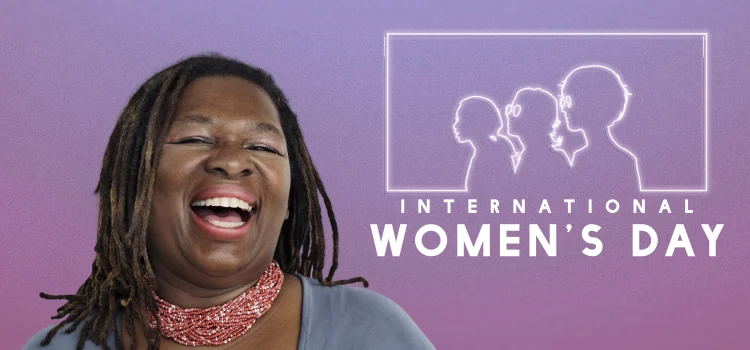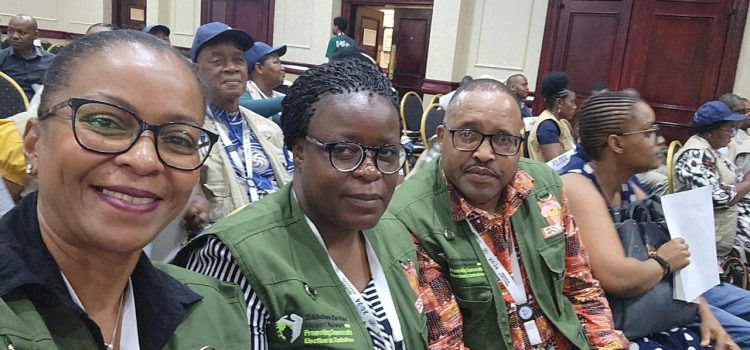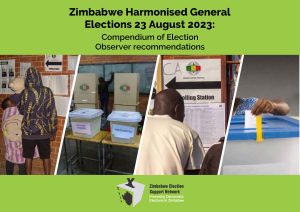Voter registration is crucial, yet intricate aspect of any electoral process. Though
costly, time-consuming and a complex electoral process, it serves as a foundational
cornerstone of democratic systems, defining who can participate in selecting political
leaders. The effectiveness and credibility of any election hinges on proper voter
registration, which adds value to the electoral process. Conversely, inadequate and
flawed voter registration has repercussions, detrimental to electoral outcomes. Faulty
voter registration automatically translates to a faulty election and equally
questionable outcomes.
Voter registration can be continuous, periodic, or civil, each form with its distinct merits and demerits. In Zimbabwe, voter registration is continuous to ensure the voters rolls remain up-to-date. Prospective registrants physically appear at the ZimbabweElectoral Commission (ZEC) local District Office to register, and a voters’ roll is compiled. However, this process has faced significant contestations and criticism for allegedly undermining electoral processes and outcomes. Concerns about impact on electoral integrity, inclusivity, accuracy, transparency, and security have been raised.
Currently, the Constitution of Zimbabwe designates the ZEC as the primary body responsible for voter registration, along with other electoral duties like the delimitation of electoral boundaries. In March 2024, a proposal to (i) shift voter registration responsibilities from ZEC to Civil Registration Department (CRD), (ii)automatically register new registrants upon attaining 18, and (iii) automatically remove deceased from voters’ roll at the issuance of a death certificate emerged, with a repeat of the same call in November 2024. In view of this proposal, critics maintain that a clean, accurate,e and complete voters roll—resulting from a comprehensive registration process conducted by an independent body directly involved in elections is crucial for the health of Zimbabwe’s democracy.
Download The Full Document Here



